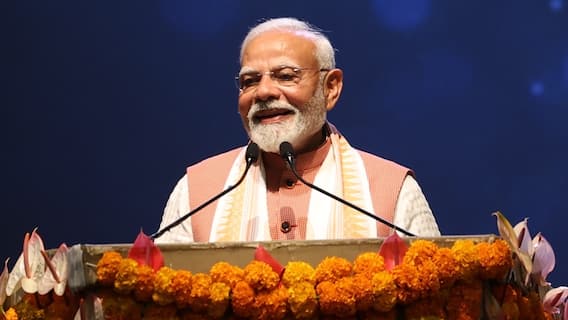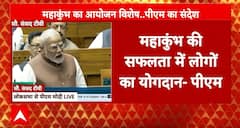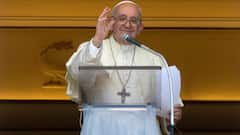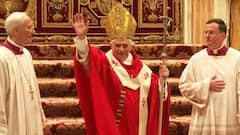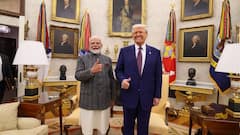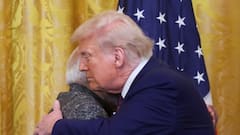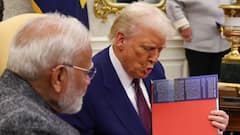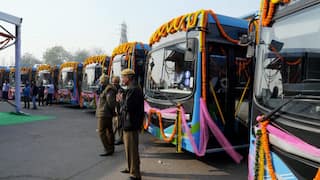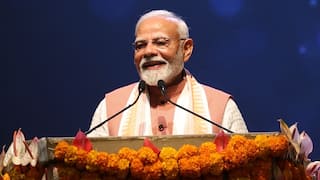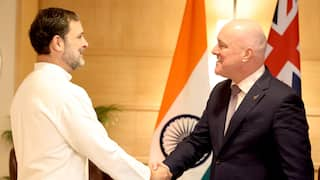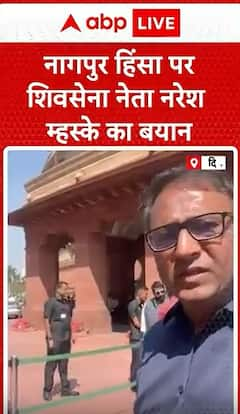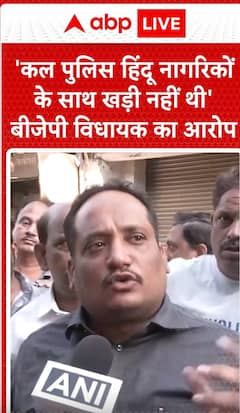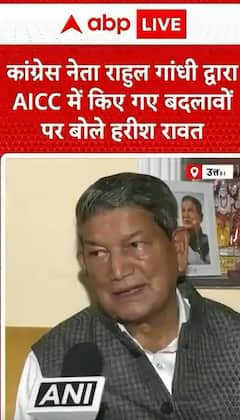Bangladesh To Seek Sheikh Hasina's Extradition From India For Trial On 'Mass Killing' Charges
Bangladesh plans to extradite former PM Sheikh Hasina from India to face charges for mass killings during student protests. The International Crimes Tribunal will be reconstituted to pursue these charges.

Bangladesh is set to initiate steps to extradite former prime minister Sheikh Hasina from India to face charges related to mass killings during the student-led protests against her government. This was announced by Md Tajul Islam, the newly-appointed Chief Prosecutor of the country's International Crimes Tribunal (ICT), during a press briefing on Sunday.
Islam stated, "Necessary steps will be taken to bring former prime minister Hasina back under the extradition treaty with India to try her on charges of mass killings during the student-led protests in July and August," as quoted by The Daily Star newspaper. He added that an application would be filed with the International Crimes Tribunal to issue arrest warrants against all absconding accused, including Sheikh Hasina, in connection with the cases filed for mass killing and crimes against humanity.
The protests, which peaked on 5 August, resulted in Hasina's resignation and her subsequent flight to India. According to Nurjahan Begum, the interim government's Health Adviser, more than 1,000 people were killed, and hundreds were injured during the unrest.
ALSO READ | Bangladesh To Change Its National Anthem? Here's What Its Religious Advisor Said Amid Nationwide Outrage
Bangladesh's International Crimes Tribunal To Be Reconstituted
The International Crimes Tribunal, which last month launched an investigation against Hasina and nine others for genocide and crimes against humanity, will have to be reconstituted. "The tribunal and its investigation team will have to be reconstituted by appointing new judges and investigators as previous judges, prosecution team, and investigation agency appointed by the previous government have stepped down after the interim government led by Nobel laureate Muhammad Yunus was formed in the country following the fall of the Hasina-led government," Islam explained, as quoted by The Daily Star.
The newly-appointed Chief Prosecutor acknowledged the significant challenge ahead, noting that "information, documents, and evidence against the accused persons will have to be collected from across the country and those will have to be compiled, examined, and placed properly before the tribunal."
The decision on amending the existing International Crimes Tribunal Act to hold trials for the new cases will be made after consultations with the government, Islam added.
Trending News
Top Headlines









